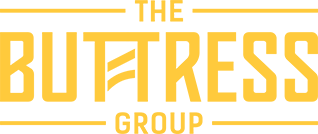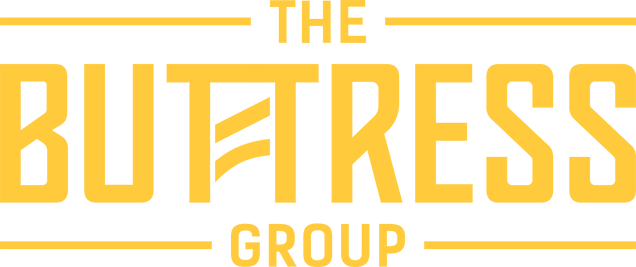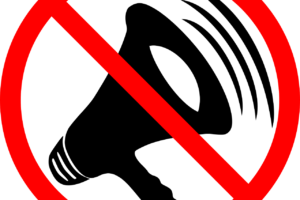In today’s fast-paced work environment, productivity is more important than ever. As organizations face increased demands for efficiency and creativity, adopting smart office technology is a game-changer. These innovations help streamline workflows, reduce the time spent on routine tasks, and create a more productive workplace overall. With the ability to automate scheduling, manage lighting, and integrate voice-controlled assistants, employees can eliminate distractions and focus on high-priority work that drives success. By utilizing these tools, companies can foster a work environment that values efficiency and employee satisfaction.
One of the most effective features of smart office technology is its ability to automate daily processes. Smart desks, for instance, can track individual productivity and even encourage healthier work habits by reminding employees to stand or stretch at regular intervals. Additionally, office systems like smart lighting can be adjusted to optimize focus and comfort, while AI-powered scheduling software ensures that meetings are well-organized and that work hours are spent on tasks that matter. These technological solutions not only make employees’ jobs easier but also contribute to a more energized and efficient workforce.
Moreover, the rise of collaborative tools has made remote and hybrid work models more effective than ever before. With seamless communication platforms and cloud-based file sharing, teams can stay connected regardless of their physical location. These tools foster collaboration, creativity, and innovation in ways that traditional office setups could not. By reducing time spent on logistical tasks, smart offices empower employees to focus on delivering their best work. As a result, companies can boost productivity, improve employee well-being, and enhance overall business performance. The integration of smart office technology is an investment in both efficiency and workplace culture, benefiting both organizations and employees alike.





